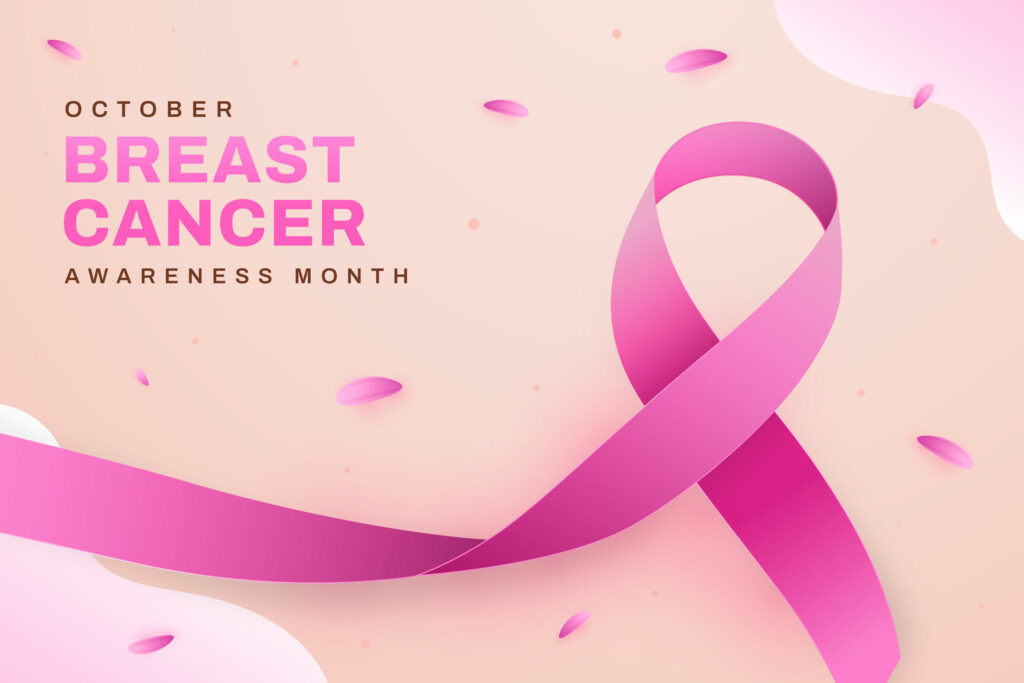From Research to Practice: Managing Ovarian and Uterine Cancer Risks in Women’s Health
In 2023 in the United States, ovarian cancer caused an estimated 19,710 new cases and 13,270 deaths. Although the numbers are declining, this is still staggering. Ovarian cancer is a rare disease, with carcinomas comprising approximately 90% of tu…
Cybersecurity in Healthcare: Protecting Patient Data in an Increasingly Digital World
Healthcare’s reliance on digital technology for patient management and data storage has made cybersecurity a top priority. Protecting sensitive patient information from cyber threats is essential to maintain trust, comply with regulations, and ens…
Adventure in Healing: How to Thrive as a Travel Nurse Across the Globe
Travel nursing presents a unique opportunity to blend professional growth with personal adventure. If you’re drawn to caring for others and have a passion for exploring new places, becoming a travel nurse might be your ideal career path. This dyna…
Extended Reality in Healthcare: Applications in Training, Treatment, and Patient Education
XR is a powerful tool that enhances learning for a broad spectrum of healthcare professionals, from surgeons to nurses:
- Surgical Simulations: VR-based surgical simulations provide hands-on practice in a safe, controlled setting, allowing surg…
Why Deterministic Data is Transforming Programmatic Advertising
In the digital advertising world, there’s a shift taking place. Brands are moving beyond broad, impression-based strategies and toward hyper-targeted advertising powered by data. At the heart of this transformation is deterministic data—a game-cha…
Breaking the Burnout Cycle: Essential Strategies for Resilience in Healthcare
Burnout among healthcare professionals has reached critical levels, intensified by the COVID-19 pandemic and ongoing challenges in the healthcare industry. This state of emotional, physical, and mental exhaustion not only impacts the well-being of…
Enhancing Women’s Health CME: The Importance of Breast Cancer Awareness
In October, we observe Breast Cancer Awareness Month to increase education and awareness about a cancer that affects about 300,000 people each year in the United States, 40,000 of whom die from it. That’s why it’s so important to incorporate Women…
The Rise of Digital Therapeutics: Software as a Medical Treatment
Digital therapeutics (DTx) represent a new frontier in healthcare, offering evidence-based therapeutic interventions driven by high-quality software programs to prevent, manage, or treat a medical disorder or disease. This innovative approach is r…
Building Confidence and Efficiency in Patient Care: Advice for New Healthcare Providers
Recently, a student following me at our clinic remarked on how quickly I could move through patients during the day. “You see about 60 people daily, and while it doesn’t seem like you are rushing them through, I don’t think I could ever …
Navigating the Shortage of Healthcare Workers: Innovative Recruitment and Retention Strategies
The shortage of healthcare workers is an ongoing challenge impacting hospitals and clinics worldwide. As demand continues to rise due to an aging population and increasing chronic conditions, innovative recruitment and retention strategies are ess…









